Helping Our Customers to Help the Environment
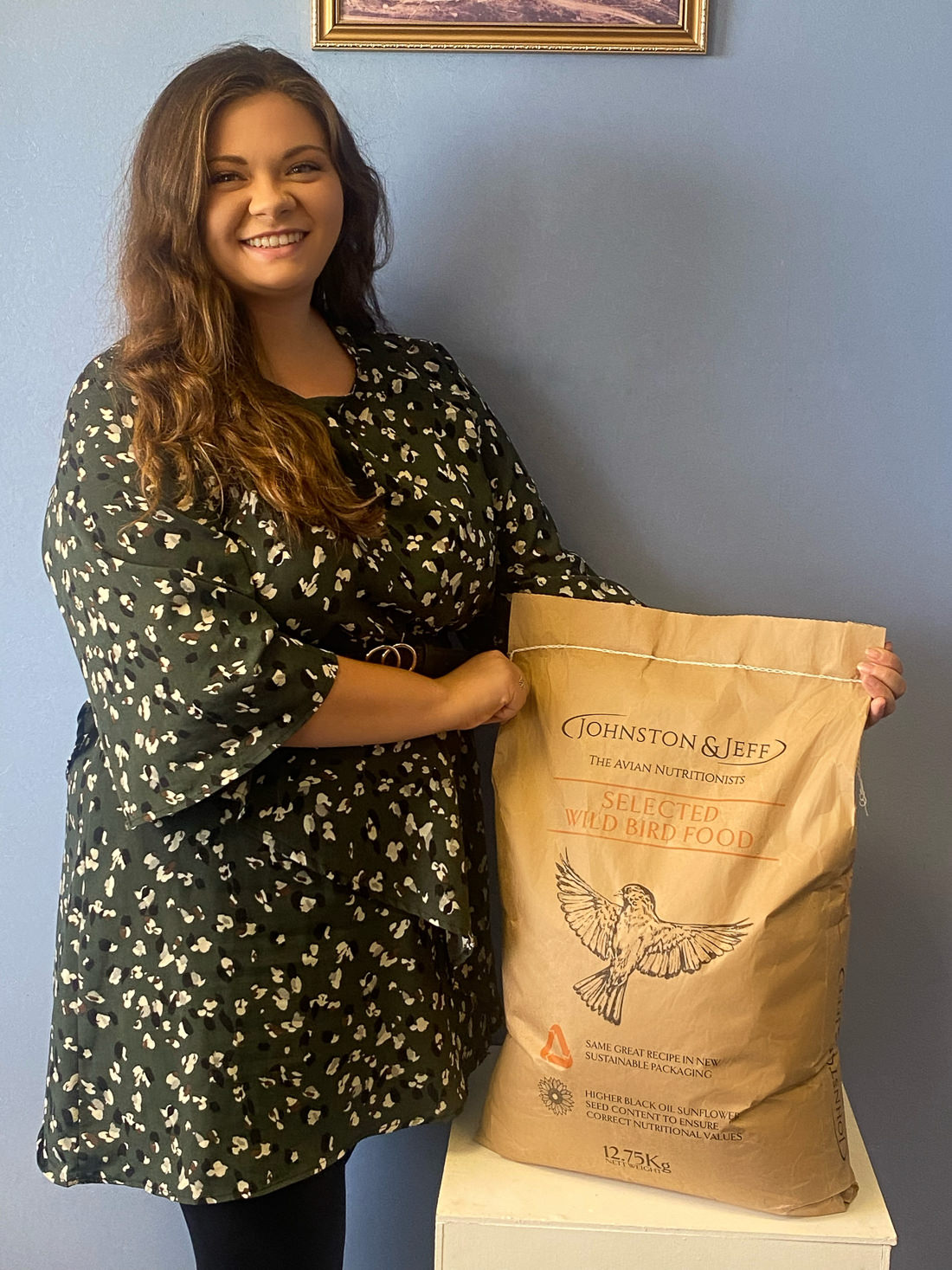
As a business that takes our commitment to the environment very seriously, we are always searching for new ways to become more sustainable.
So, when we heard some of our customers were having trouble recycling the plastic sacks we use for our wild bird food, we decided to do something about it.
Our plastic sacks are recyclable, but some people were struggling because their local authority didn’t provide the means necessary to dispose of them in a sustainable way.
This prompted us to release our new No Mess, No Grow Wild Bird Food blend in a paper sack with a recyclable plastic window.
We decided to keep the plastic window as a means of people being able to see exactly what they were buying. We encouraged feedback from this packaging move and people seemed more than happy to provide it.
What they told us is that whilst they loved the paper sack and the fact that you could see the seed, they would be more than happy if it was simply all paper.
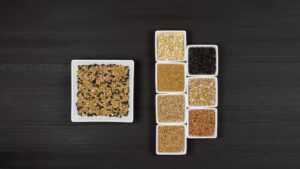
As a result, we have now created a paper sack alternative for one of our most popular selling lines – Selected Wild Bird Food, 12.75kg.
Paper is far more widely recycled than plastic, and we have designed this sack to be entirely plastic-free while being robust enough to withstand the rigours of the delivery process, so customers receive it perfectly intact.
Our hope is that this results in less packaging going to landfill and more being recycled or put to other uses such as storage, particularly as we extend paper across other lines in the future.
Maddy Johnston – our Marketing and Media Manager – says introducing more sustainable packaging is about ensuring we look after both wild birds and their habitat.
“Although we’ve changed the packaging, one thing that remains the same is the highly nutritious, highly palatable, and popular blend within,” she said.
The all-year-round food has a large proportion of black oil sunflower seeds to ensure correct nutritional values and is designed to attract the widest variety of birds.
The full contains include wheat, black oil sunflower seeds, split maize, red dari, various small seeds, natural groats, yellow millet, and vegetable oil, and if two feeding points are used [feeder and table], there are very few birds that will not take this mix.
“A fantastic wild bird food in sustainable packaging – it’s a win-win for nature,” Maddy added.
The new sack has been given the thumbs up from retailers who have trialled it.
Martin Guerrero of Poltross Enterprises – a popular pet shop based in Northumberland – said: “Good move. I’m old enough to remember your original paper sacks. You were probably one of the last manufacturers to move away from paper sacks at the time. Funny how things go full circle.”
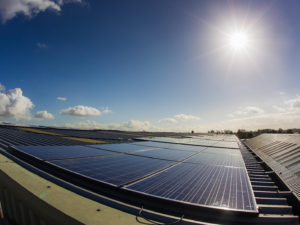
Introducing the paper sack is part of our wider sustainability strategy that saw us install solar panels in 2013 and take many other steps since to reduce our carbon footprint.
As a business, we are committed to continuing our sustainability journey and ensuring our products and processes are as environmentally friendly as we can possibly make them.
Our Recent Posts Giving Advice and Guidance on Keeping and Caring For Birds
Starlings and one of nature’s finest spectacles
Reading Time: 8 minutes Despite being one of the most well-known garden birds in the UK, the Starling is actually one of the species we need to be the most concerned about? They are considered to be one of the fastest declining birds in the UK and have been cropping up on the UK Red List of Conservation Concern for more than 20 years now. In this article we take a look at that mesmerising phenomena that is murmuration, as well as their wider behaviour.
A Guide to British Wagtails
Reading Time: 9 minutes Wagtails are delightful little birds and are so called because they do just that – wag their tails frantically as they go about their business. In Great Britain, we have three native species – the Pied Wagtail, the Grey Wagtail, and the Yellow Wagtail, which is a summer migrant. In this blog, we take a look at each of them, to find out more about these charming and animated characters.
The Galah – an Aussie Legend That Makes a Great Companion
Reading Time: 10 minutes ‘You flaming Galah’ is a term coined for someone who has made a fool of themselves, however, Galahs, which are part of the Cockatoo family, are actually very intelligent and can be quite a complex bird. While Galahs are not native to the UK they have been bred and kept in captivity for many years and in many cases make affectionate pets. Let’s look at the background of this colourful character, its diet, habitat and behaviour and what you need to know if you are considering taking one as a companion.



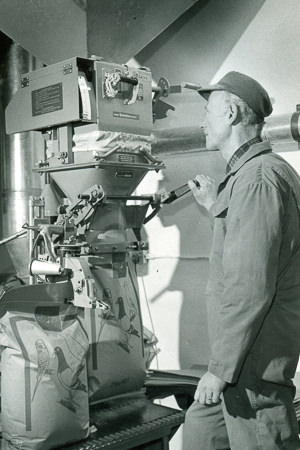
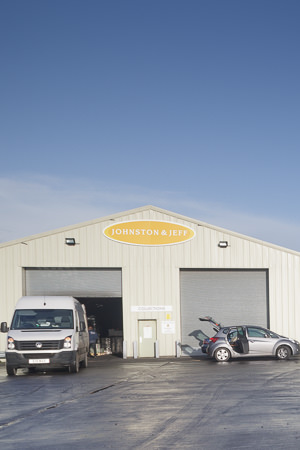

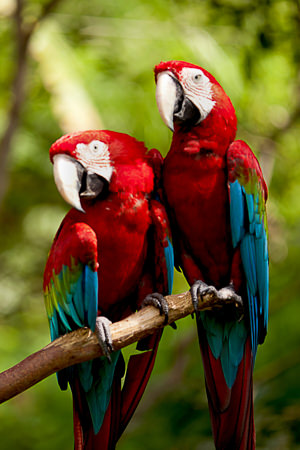
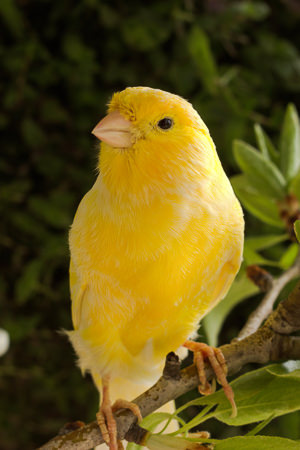

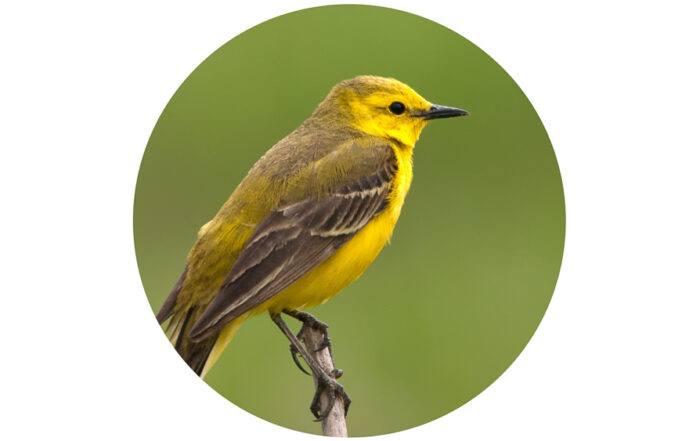
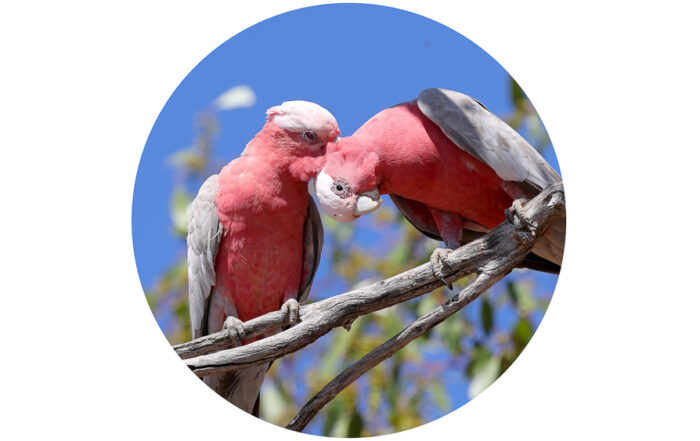
Leave A Comment